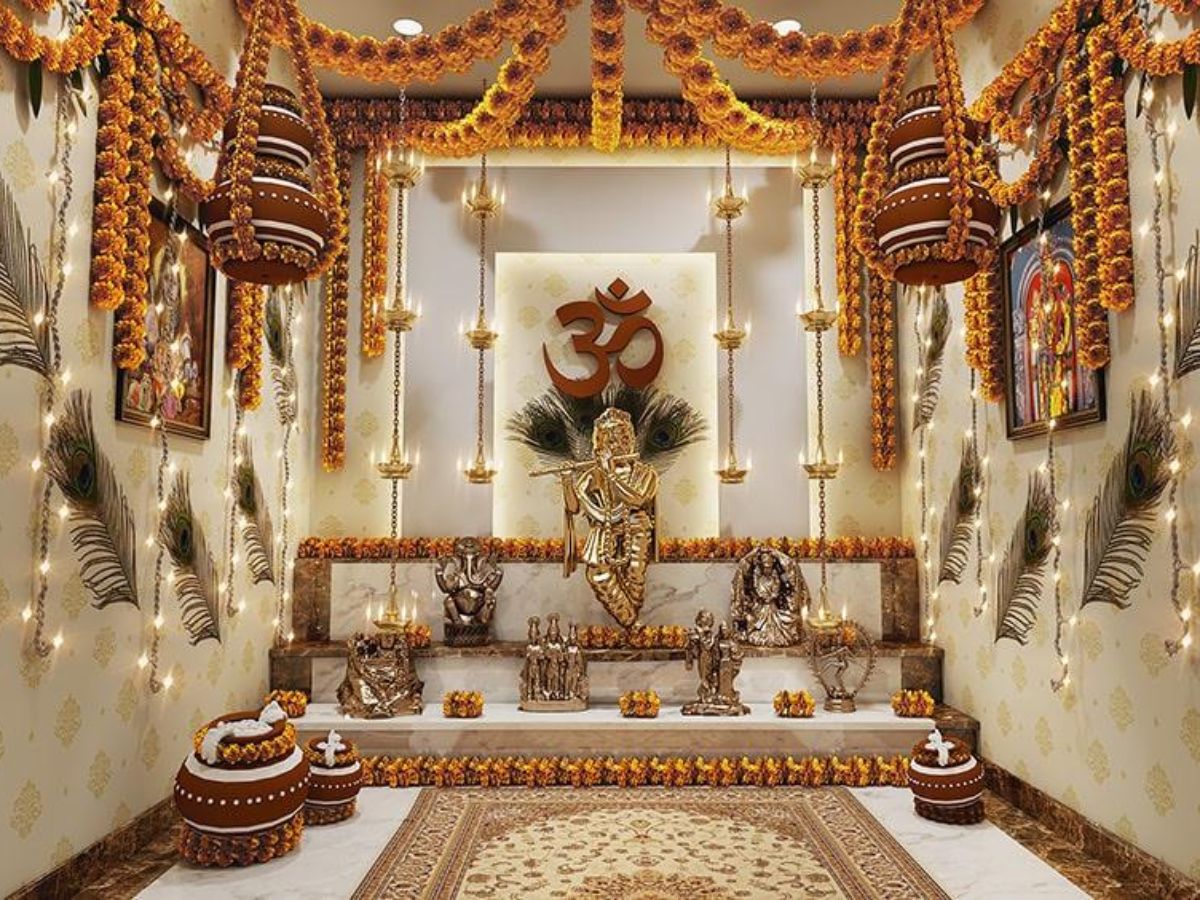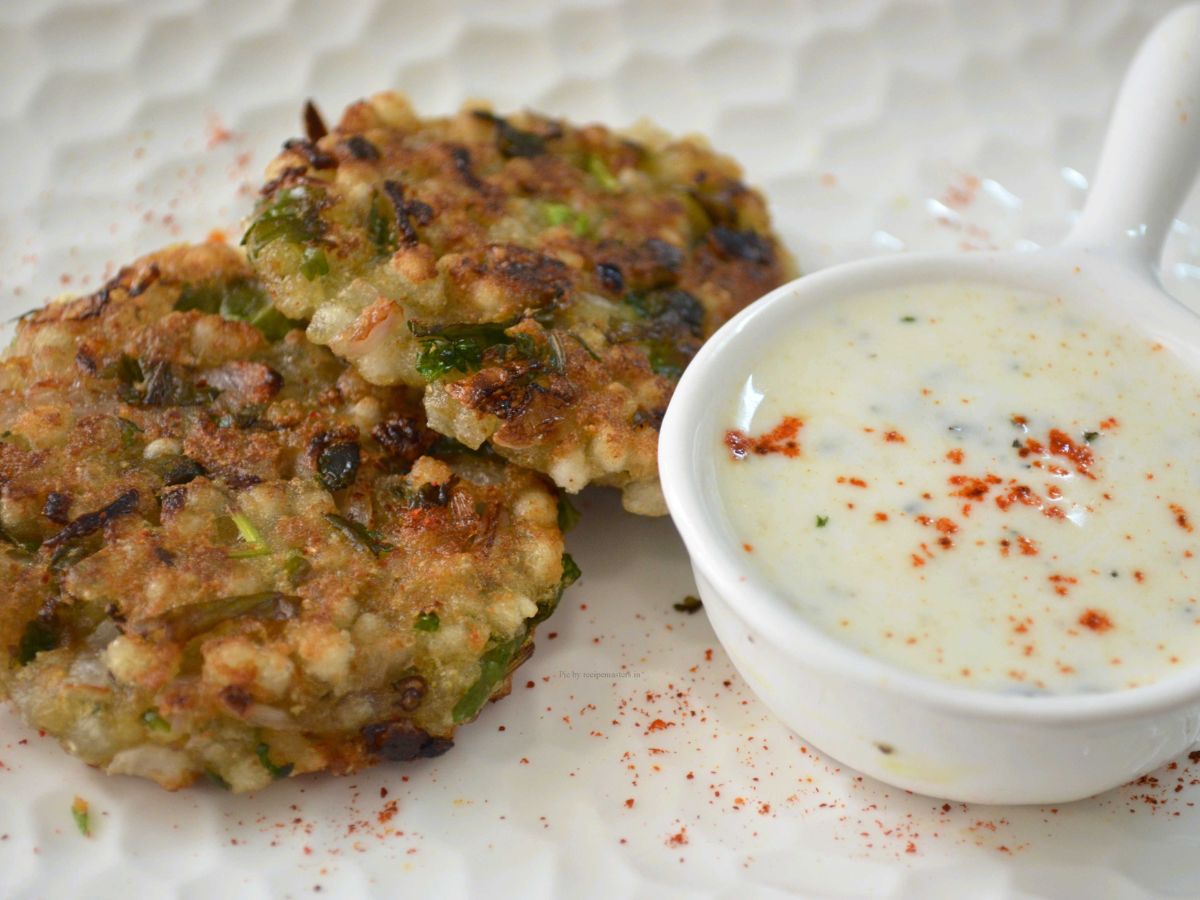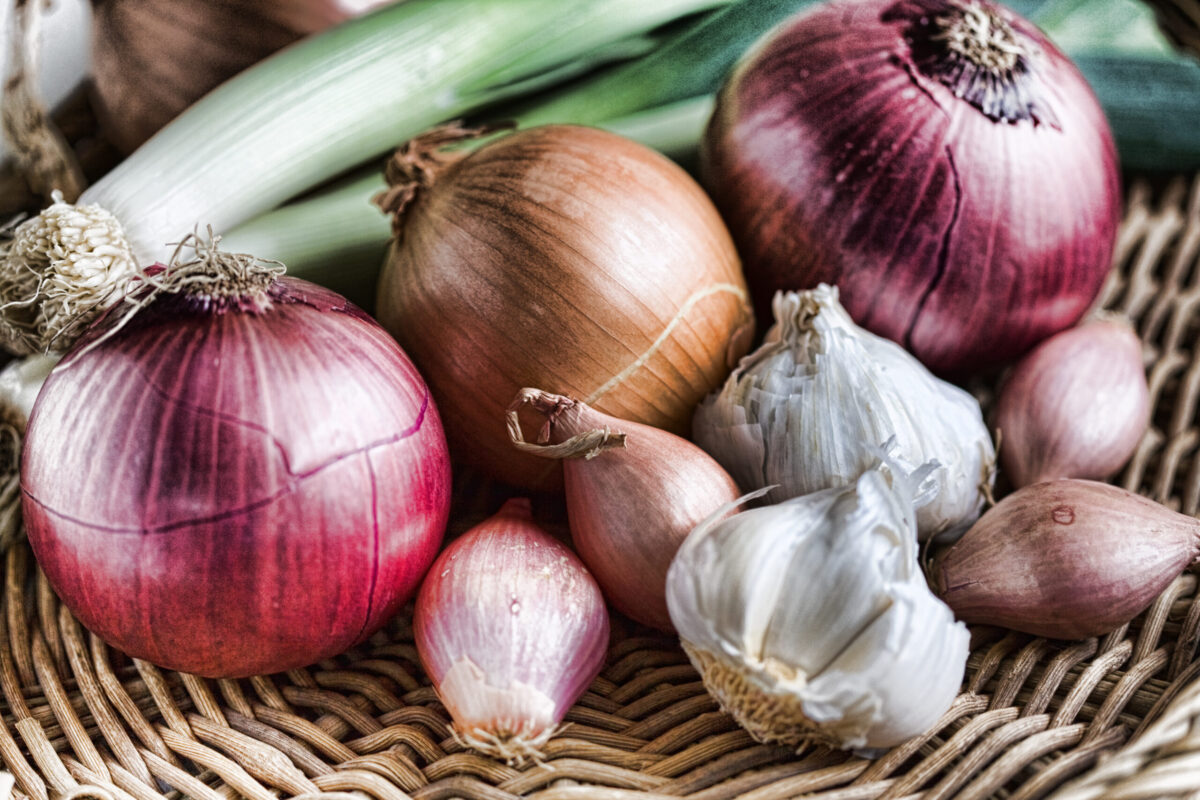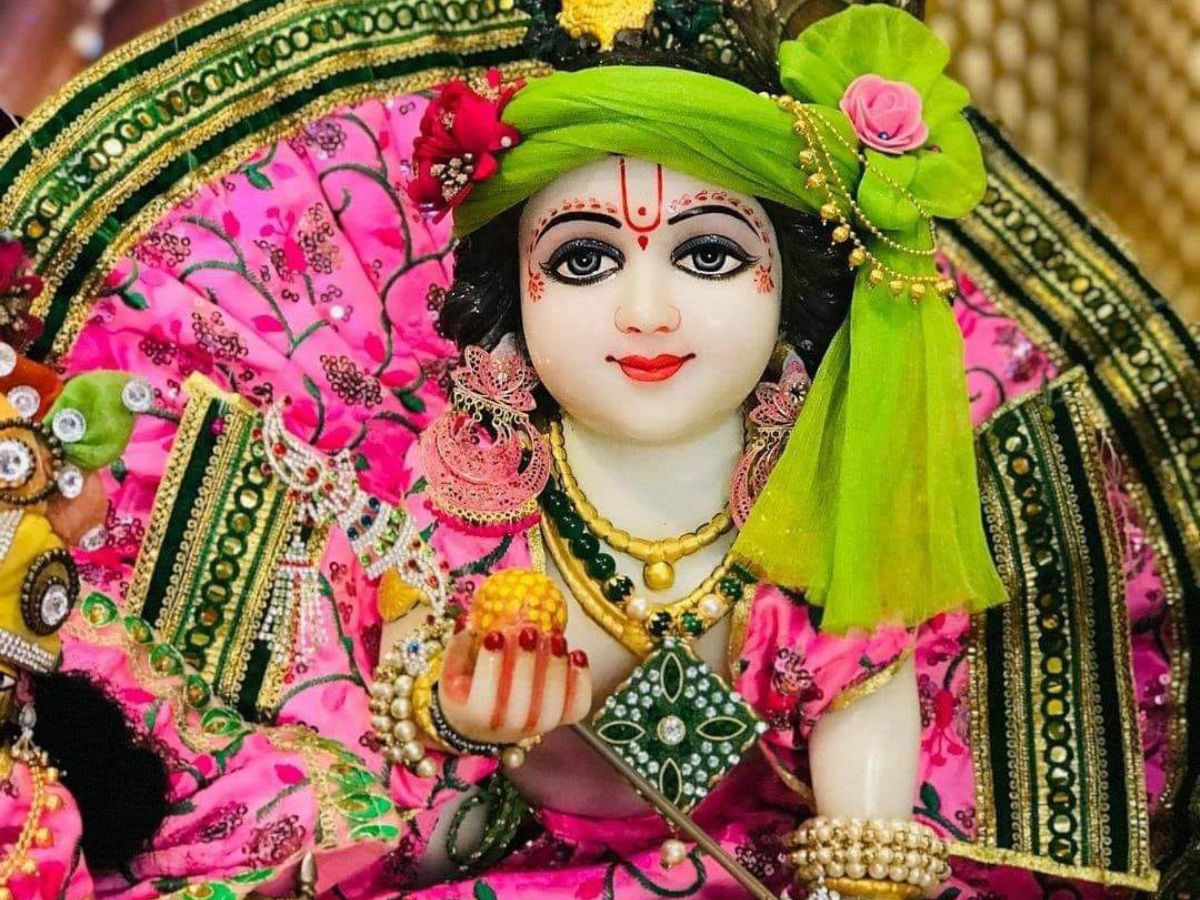Janmashtami 2025 will be celebrated on 16 August 2025, marking the birth of Lord Krishna, the eighth incarnation of Lord Vishnu. On this sacred day, devotees observe fasts, offer puja, and 56 bhog including makhan mishri, panchamrit, makhana pagg, and more to Lord Krishna. As fast is important on Janmashtami, but the right dietary guidelines are more important to stay healthy all day.
Here’s a complete guide on what to eat and what not to eat during the Janmashtami fast.

Types of Fasts
Devotees observe two types of fast on the occasion of Janmashtami.
Nirjala Fast: During this type of fasting, devotees don’t drink water or eat any food throughout the day. They can break their fast at midnight after performing puja and offering bhog to Lord Krishna.
Phalahar Fast: During this type of fasting, devotees only eat fruits, milk, and water all day. Grains, vegetables, or any type of flour should not be eaten.

What to Eat During Janmashtami Fast
You need to be careful of what you eat during fasting, as excessive snacking is not a thoughtful idea.
- Fruits
In fasting, you can eat seasonal fruits, like bananas, apples, papayas, and pomegranates. These fruits are light and keep you hydrated all day.
- Sabudana (Sago)
Sabudana is widely eaten during multiple fasts. You can eat sabudana khichdi, tikki, or vada as it will give you instant energy.
- Dry Fruits & Makhana (Fox Nuts)
Dry fruits like almonds, cashews, raisins, and walnuts can be eaten during fasting as they are a good choice to keep yourself energized. You can also eat roasted makhana by cooking it in milk, as it’s a healthy snacking option.
- Kuttu, Rajgira & Singhara Flour Dishes
You can opt for a light and satvik meal by making kuttu (buckwheat), Rajgira (amaranth), and Singhara (water chestnut) pooris, parathas, or tikkis.
- Coconut Water & Herbal Drinks
It’s important to stay hydrated during vart, so try to drink as many electrolytes as you can. Coconut water and herbal drinks are the best choices to keep the body hydrated.

What to Avoid During Janmashtami Fast
- Regular Salt
Regular salt can not be added to satvik meals or fasting food, so replace it with sendha namak (rock salt).
- Onion & Garlic
While observing a fast, people avoid eating onions and garlic as it is considered tamasic. Don’t even use Onion and garlic in the bhog for Lord Krishna.
- Tea & Coffee
Don’t drink too much tea and coffee, as they can cause acidity during the fast. And it may also cause uneasiness, heaviness, and headaches, so avoid drinking tea and coffee while fasting.
- Non-Vegetarian Food & Alcohol
Non-vegetarian food & Alcohol are strictly prohibited during Janmashtami fasting. Even cigarettes and tobacco should be avoided.
- Overly Spicy or Oily Food
You should avoid eating oily food and spicy food, as they can cause acidity and discomfort in the stomach. Oily foods can make you lazy during fasting.
Try to break your fast with light food before moving to heavier dishes. By following the right vart diet, you can maintain a healthy gut and stay energized throughout the day.
Manisha Chauhan is a passionate journalist with 3 years of experience in the media industry, covering everything from trending entertainment buzz and celebrity spotlights to thought-provoking book reviews and practical health tips. Known for blending fresh perspectives with reader-friendly writing, she creates content that informs, entertains, and inspires. When she’s not chasing the next viral story, you’ll find her diving into a good book or exploring new wellness trends.







